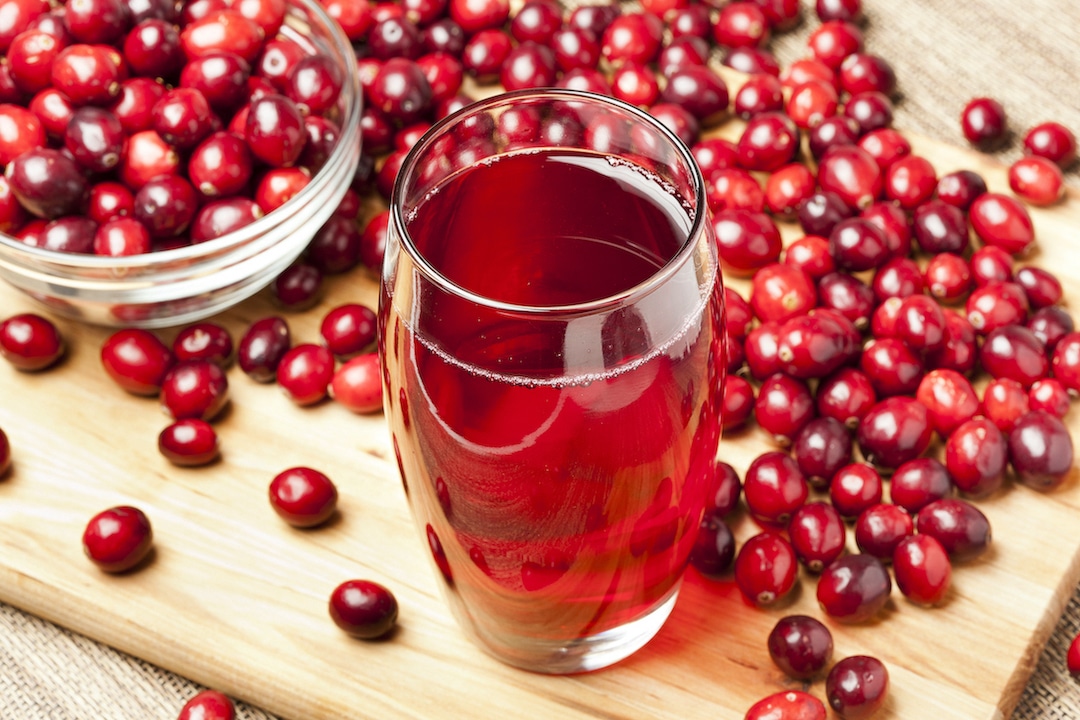Cranberry Tea has long been celebrated for its health benefits, particularly when it comes to urinary tract health. However, its potential to support kidney health is gaining attention in the wellness community. With rising concerns about kidney diseases, many are turning to natural remedies like cranberry tea to promote kidney function and overall well-being. This article explores the power of cranberry tea and its impact on kidney health, backed by scientific evidence and expert insights.
What is Cranberry Tea?
Cranberry tea is made from the dried leaves or fruit of the cranberry plant (Vaccinium macrocarpon). Often brewed as a herbal tea, it is known for its rich antioxidant content and has traditionally been used for its medicinal properties. Cranberry tea contains vitamins and minerals, particularly Vitamin C, which supports the immune system and promotes detoxification.
While most people are familiar with cranberries in the form of juice or supplements, cranberry tea offers a more gentle way to enjoy its benefits. Unlike cranberry juice, which can be high in sugar, cranberry tea is a low-calorie beverage that provides many of the same advantages without the added sugar.
How Does Cranberry Tea Help Kidney Health?
Kidney health is essential for overall bodily function, as the kidneys play a crucial role in filtering waste, balancing fluids, and maintaining electrolyte levels. As we age or face health challenges, the kidneys can become more susceptible to damage, making it important to incorporate supportive nutrients and natural remedies into our diet. Cranberry tea may offer several benefits for kidney health:
Rich in Antioxidants
Cranberry tea is packed with antioxidants, such as flavonoids and proanthocyanidins, which can help reduce inflammation and oxidative stress in the kidneys. Oxidative stress is a key factor in kidney disease progression, so consuming foods and beverages with high antioxidant levels can help protect kidney cells from damage.
Antioxidants in cranberry tea also help neutralize free radicals in the body, supporting healthy tissue regeneration and improving kidney function over time. The high Vitamin C content in cranberry tea further boosts its antioxidant properties, assisting in reducing inflammation and promoting kidney health. In combination with this, potassium citrate supplements can help maintain optimal urinary pH levels and reduce the risk of kidney stone formation, offering additional support for long-term renal wellness.
Helps Prevent Urinary Tract Infections (UTIs)
Urinary tract infections (UTIs) are common, particularly in individuals with kidney problems. If left untreated, these infections can lead to more severe kidney issues. Cranberry tea is well-known for its role in preventing UTIs, as it prevents harmful bacteria from adhering to the urinary tract lining.
The proanthocyanidins in cranberry tea prevent bacteria, such as E. coli, from sticking to the urinary tract walls, making it easier for the body to flush out these pathogens. Regular consumption of cranberry tea may reduce the frequency of UTIs, lowering the risk of kidney infection and subsequent kidney damage.
Promotes Detoxification
One of the kidneys’ essential functions is filtering out toxins and waste from the bloodstream. Cranberry tea is a natural diuretic, which means it encourages urination, helping the kidneys flush out excess waste, toxins, and fluids from the body. Regular detoxification can relieve stress on the kidneys, keeping them functioning optimally.
Cranberry tea encourages detoxification through increased urine flow and helps maintain fluid balance, a critical function of kidney health. This process may reduce the likelihood of developing kidney stones or other kidney-related conditions.
Supports Kidney Stones Prevention
Kidney stones are painful and often occur when there is an imbalance in the substances that form in the urine. While more research is needed, some studies suggest that cranberry tea may help prevent the formation of kidney stones due to its ability to promote healthy urinary tract function and reduce the risk of calcium oxalate crystals forming in the kidneys.
The high levels of antioxidants in cranberry tea can help reduce the presence of calcium and other minerals in the urine, preventing them from accumulating and forming stones.
Improves Blood Circulation
Good blood circulation is critical for kidney health because it ensures that the kidneys receive adequate oxygen and nutrients. Cranberry tea’s antioxidants and anti-inflammatory properties can improve circulation, ensuring that the kidneys remain well-nourished and can perform their filtration functions more efficiently.
Improved circulation also supports overall organ health, reducing the strain on the kidneys caused by poor blood flow and oxygenation.
How to Incorporate Cranberry Tea Into Your Diet
Incorporating cranberry tea into your daily routine is easy and can be done in a variety of ways:
- Cranberry Tea Bags: You can purchase ready-made cranberry tea bags or loose cranberry leaf tea from health food stores or online retailers. Simply brew the tea as instructed for a refreshing and health-boosting beverage.
- Homemade Cranberry Tea: To make your cranberry tea, simmer fresh or dried cranberries in water for 10-15 minutes. Strain the mixture and enjoy the tea warm or chilled.
- Blend with Other Herbs: For added health benefits, try blending cranberry tea with other kidney-supporting herbs, such as dandelion root or nettle leaf. These herbs can enhance the detoxifying properties of cranberry tea, making it even more beneficial for kidney health.
Potential Side Effects of Cranberry Tea

While cranberry tea is generally safe for most people, there are some potential side effects to be aware of, especially if consumed in excess:
- Stomach Upset: Drinking large quantities of cranberry tea may cause stomach discomfort, including nausea or diarrhea, due to its acidic nature.
- Kidney Stones: Although cranberry tea may help prevent kidney stones in some cases, excessive consumption of cranberry products could increase the risk of stones in people with a history of calcium oxalate kidney stones.
- Blood Thinning: Cranberries contain compounds that may act as natural blood thinners. If you are taking medications like warfarin, it’s essential to consult a healthcare provider before consuming large amounts of cranberry tea.
Frequently Asked Questions (FAQs)
Is cranberry tea good for kidney health?
Yes, cranberry tea supports kidney health by providing antioxidants, reducing inflammation, and promoting detoxification through increased urination.
Can cranberry tea help prevent kidney stones?
Cranberry tea may help reduce the risk of kidney stones by improving urinary tract health and supporting balanced mineral levels, though more research is needed.
How often should I drink cranberry tea for kidney health?
Drinking 1–2 cups of cranberry tea daily is generally safe and can support kidney function. Always consult your doctor if you have existing kidney issues.
Does cranberry tea help with urinary tract infections (UTIs)?
Yes, cranberry tea contains proanthocyanidins, which help prevent bacteria from sticking to the urinary tract, reducing the risk of UTIs, which can affect the kidneys.
Is cranberry tea better than cranberry juice for kidneys?
Cranberry tea is often preferred over juice for kidney health because it’s lower in sugar and calories while still offering similar antioxidant benefits.
Can cranberry tea be harmful to the kidneys?
Cranberry tea is safe in moderation. However, excessive intake may increase the risk of kidney stones in susceptible individuals due to natural oxalates.
What nutrients in cranberry tea support kidney health?
Cranberry tea contains antioxidants, Vitamin C, and phytonutrients that reduce inflammation, support immunity and promote healthy kidney function.
Who should avoid cranberry tea?
People taking blood thinners or those with a history of kidney stones should consult a healthcare provider before consuming cranberry tea regularly.
Conclusion
Cranberry tea is more than just a delicious beverage. It offers several key benefits that can support kidney health, from preventing UTIs to promoting detoxification and improving circulation. Rich in antioxidants and diuretic properties, cranberry tea can help reduce inflammation, support healthy kidney function, and protect the kidneys from damage caused by toxins. Whether you’re dealing with a kidney condition or looking to support your overall kidney health, cranberry tea can be a simple and natural addition to your diet. Always consult with a healthcare professional if you have pre-existing health conditions or concerns before making cranberry tea a regular part of your routine.
